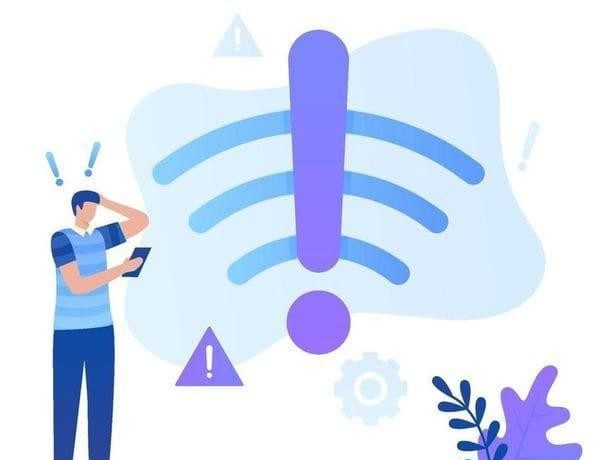The Pakistan Telecommunication Authority (PTA) has lately issued a warning about the potential for significant disruptions in telecommunications services across the country. This alert has been sparked by an unresolved dispute over the renewal of licenses for Long-Distance and International (LDI) operators. The PTA has highlighted that if these licenses are not renewed, it could lead to a substantial telecom blackout, impacting
essential services like mobile networks, internet connectivity, and Automated Teller Machines (ATMs) throughout Pakistan.
According to PTA’s report, up to 50% of mobile traffic and 10% of internet traffic in the country could be affected, with several mobile towers potentially going offline. Moreover, the disruptions could lead to approximately 40% of ATMs becoming non-functional, posing a severe risk to banking operations nationwide. The global communication network might also face obstruction, particularly in regions where service shifting to other operators is challenging.
This crisis stems from a financial dispute between telecom companies and the Ministry of Information Technology (IT). The companies collectively owe approximately Rs. 24 billion in dues, along with Rs. 54 billion in late payment penalties. The PTA has made the renewal of licenses contingent upon the settlement of these dues. Despite the gravity of the situation, the steering committee of the Ministry of IT has yet to devise a concrete plan to resolve the financial impasse, leading to heightened concerns about imminent service disruptions.
In addition to these telecom issues, Pakistan is already experiencing internet service disruptions due to the implementation of firewalls at major internet gateways. These firewalls are designed to monitor and filter internet traffic but have contributed to the slowing down of services, particularly impacting freelancers and businesses relying on stable internet connections.
This situation has raised alarms across various sectors, with potential implications for the country’s overall communication infrastructure and financial system.







